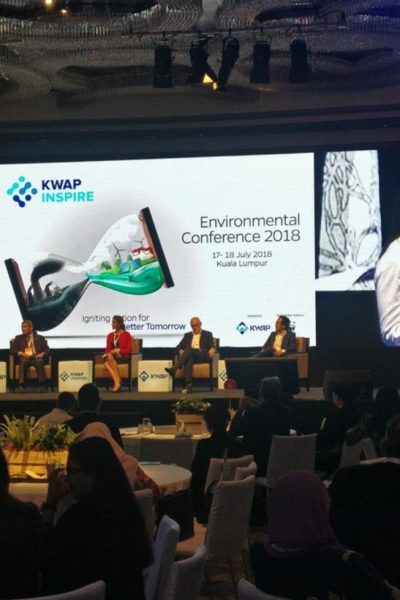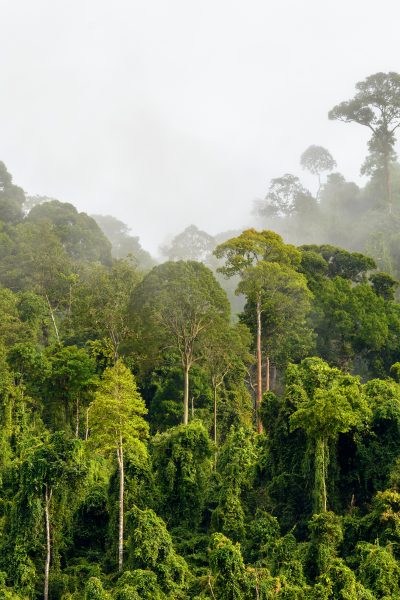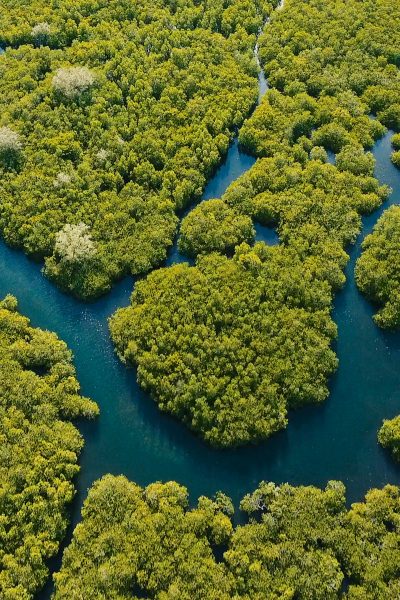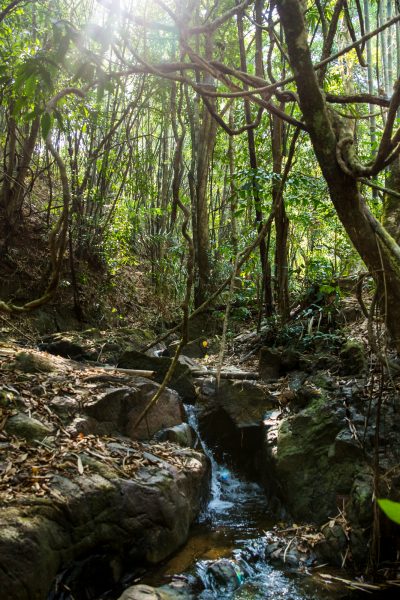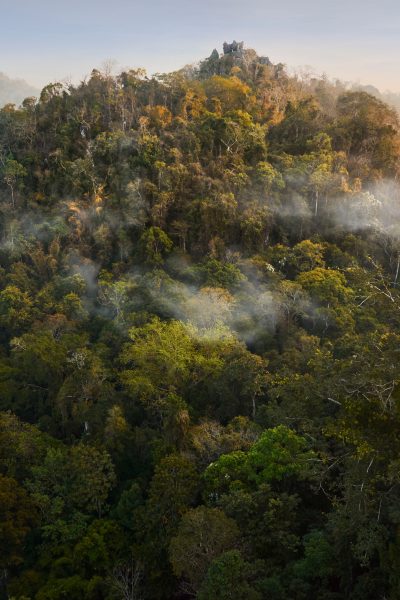Halo,
Indonesia.
-
Indonesian
Official Language
-
Joko Widodo
President
-
Jakarta
Capital
270,625,568
Population in 2019
enforced since 2019
Sustainable Finance Regulation effective
+1.10%
is the growth rate of Indonesias population per year
1.119 trillion USD
is the nominal GDP. This ranks Indonesia as the 16th strongest economy in terms of its GDP.
903,000 sq.km
Forest area
NGFS member
OJK and Bank of Ind.
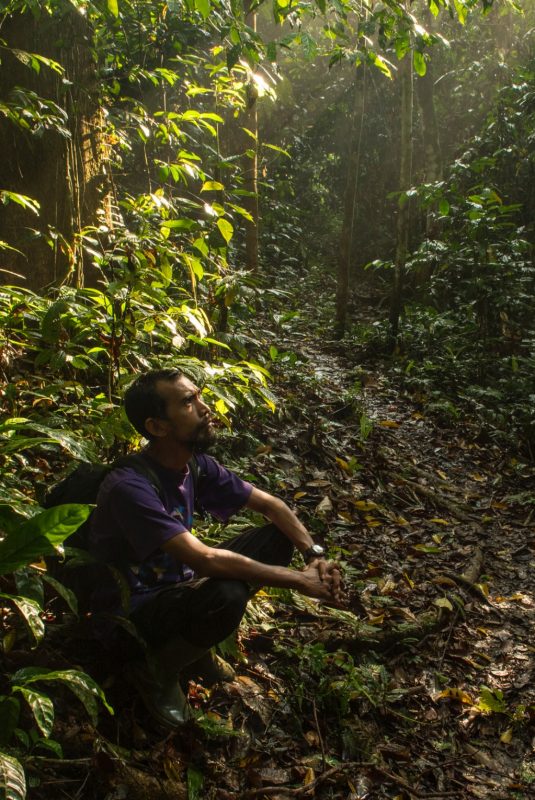
Sustainability Commitments
- Climate Change
- Deforestation
- Sustainable Finance
- Green Bonds
Unfullfilled
62%
Fullfilled 2018
20%
Improved 2019
18%
38%
fullfilled 2019


